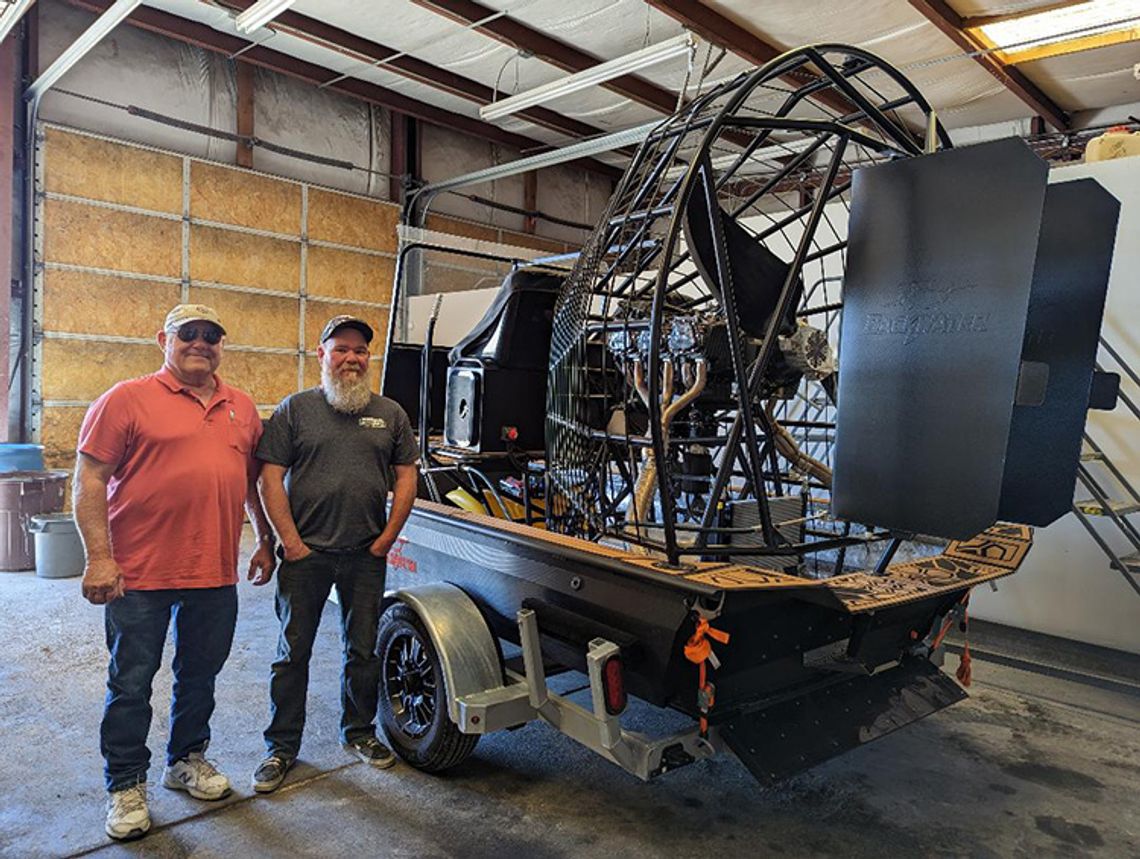When driving west on Reno Highway, one might easily overlook a building marked “Churchill County Mosquito, Vector & Noxious Weed Abatement District” when in fact, this is a dedicated group of county professionals, facing an important task this season.
“This unprecedented water year has brought a heightened breeding ground of standing water, which enhances the increase for various bugs, but especially mosquitoes. Our office will be running service calls and working standard rotations to necessitate the state-controlled standards and Department of Agriculture’s compliance levels, on behalf of mitigating mosquito control and abatement within our county region,” stated Nancy Upham, District Manager, who holds a degree in entomology and other specialized sciences.
The five-member Board of Trustees, along with Upham, Assistant Manager JD Mackay, Board Secretary Melania Sagi, and Legal Counsel Joseph Sanford, met on May 11, 2023, to finalize logical strategies, efficiency standards and procure equipment that can overcome some recent hurdles and strengthen the overall future of the department.
One hurdle was losing the air application sprays, previously contracted to a local pilot who has since retired. To regain necessary land access for pesticide coverage, the department added a new Backwater Airboat to navigate backwaters, marshes, or shallow water use. To maximize this purchase, the board of trustees also authorized a Memorandum of Understanding that the airboat could have shared use with the Churchill County Sheriff’s Office, should it ever be needed to assist in a water rescue, investigation, or enforcement operation.
To manage the mosquito callouts and applications required, other measures included the purchase of several additional foggers and pesticide applicators that can be truck or trailer mounted. With trained technicians calculating zoned areas, which include agricultural lands, acreage, and residential developments, consistent monitoring is required. This busy staff continues to work efficiently, attempting to remain ahead of the expected mosquito outbreak season. As stated in a printed update, over 177 acres of source area were already treated with various larvicides by the first week in May.
This group sees their assignment to be an important one for humans and animals, as they boldly use statements such as “combatting with prevention” and “attacking these blood-sucking insects.” A no-charge service visit is available, should you have any questions about excessive mosquitos. You may call their office during standard, weekday hours at (775) 423-2828. It is not necessary but may be helpful if you know the possible source of standing water, which could be as simple as an old tire corralling stale water, creating an egg-laying habitat.
Upham stated, “Any standing water is a risk, so we want to come out and spray, as mosquitos will lay hundreds of eggs in standing water the size of a hoof print, or in wet grass islands, backyard ponds, and all murky places. They quickly develop into full-sized mosquitos in just 5-10 days.”
Upham presented a helpful brochure and is devoted to developing and maintaining a monitored program for immature and adult mosquito populations and disease control, which included monitoring birds and surveillance procedures.
Residents are encouraged to dump water from old buckets, water-filled containers, and backyard toys, and eliminate all stale, standing water sources. The department also schedules fogging or spray methods, based on limited barometric time frames, atmospheric winds, and other critical restrictions, which equates to technicians sacrificially working various scheduled hours that will accommodate the best coverage and long-term effects.
“Remember that mosquitos are not respectful to property lines and will travel from 300 feet to 300 miles, so we should all do our part,” said Board Secretary and Office Manager, Melania Sagi.










Comment
Comments